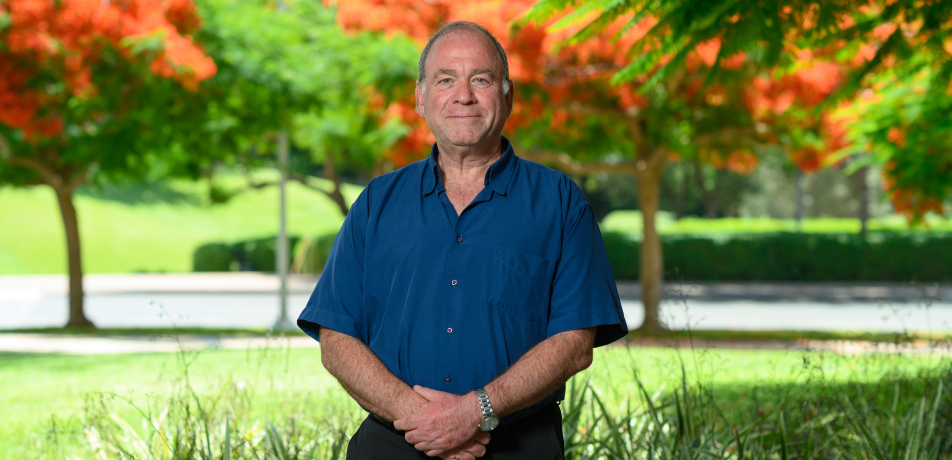Prof. Alexander Lubotzky
Bridging the abstract and the applicable
New scientists

When Prof. Alexander Lubotzky was a PhD student at Bar-Ilan University, he attended a lecture by the legendary Hungarian mathematician Paul Erdös, who gave him advice that he would live by for the rest of his life. That is, if you encounter something unexpected, stop and explore it. These words have led Prof. Lubotzky to make breakthrough discoveries in mathematics and computer science, become a member of the Israeli Knesset, and, most recently, start a new position at the Weizmann Institute at a life stage when most people are thinking about retirement.
Prof. Lubotzky comes to the Weizmann Institute at the professorial level and is a winner of the Israel Prize. He looks at every challenge as an opportunity. When offered the option to study math, biology, or astrophysics in a special program that introduced high school students to college subjects, he tried out all three. He eventually ruled out biology (he was skittish about dissections) and astrophysics (he realized that locating and characterizing stars didn’t ignite his curiosity). His love for math carried him through university-level math classes while in high school, and he sped through his academic degrees, finishing his PhD two years into his service in the Israel Defense Forces. He joined the faculty of the Hebrew University of Jerusalem immediately after completing his service.
While he is fascinated by pure mathematical theory, Prof. Lubotzky’s favorite intellectual zone is the space between theory and application, and using math to solve computer science problems. At Weizmann, he will be using complex math theory developed by Indian mathematician Srinivasa Ramanujan to construct a type of error-correcting code called “locally testable code”. These codes allow ultra-efficient spot-checking to see first if a message is close enough to the correct one. In cases where the code is over the error threshold, it is much more efficient to ask the sender to resend, rather than laboring to correct all of the errors. Therefore, the addition of locally testable codes can save time and increase data accuracy.
Biosketch
Born in Tel Aviv and raised in Ramat Gan, Prof. Alexander Lubotzky received his BSc in Mathematics from Bar-Ilan University summa cum laude in 1975, followed by his PhD from Bar-Ilan in 1979. He was the Maurice and Clara Weil Chair in Mathematics at Hebrew University for almost 40 years. He is also an Adjunct Professor at Yale University and has served as visiting professor at Columbia University, the Institute for Advanced Study, Stanford University, ETH Zürich, and the University of Chicago.
Prof. Lubotzky has been the recipient of numerous prizes for his achievements such as the Erdös Prize of the Israeli Mathematical Union for the best Israeli mathematician under the age of 40 (1991), the Rothschild Prize (2002), and the Israel Prize in Mathematics and Computer Science (2018). He is a three-time recipient of European Research Council grants which are usually only awarded once to any scientist. Prof. Lubotzky was elected to the Israel Academy of Sciences and Humanities (2014) and is a foreign honorary member of the American Academy of Arts and Sciences. He was a member of the Knesset (1996-1999) and served as a president of the Israel Mathematical Union (2019-2020).
Prof. Lubotzky is married to Yardenna, and is a father of six children. His favorite pastime is spending time with his 24 grandchildren—his self-professed biggest accomplishment.








